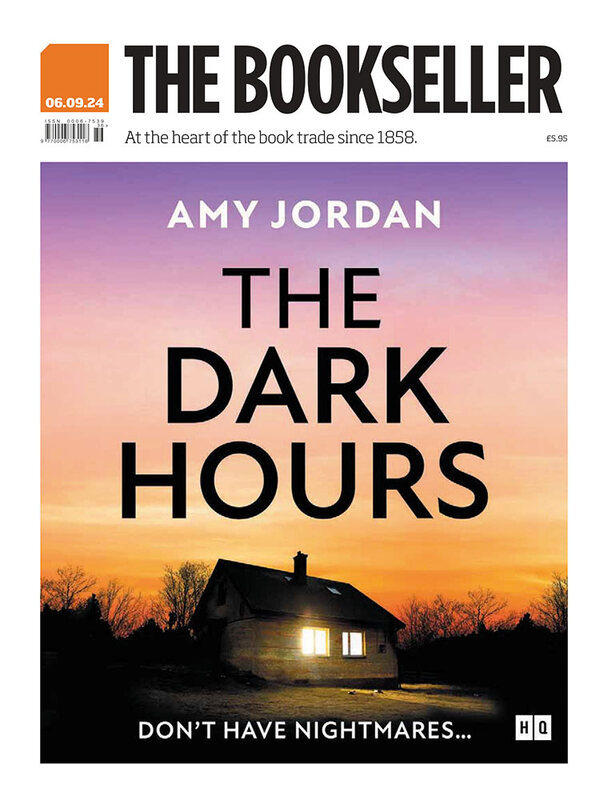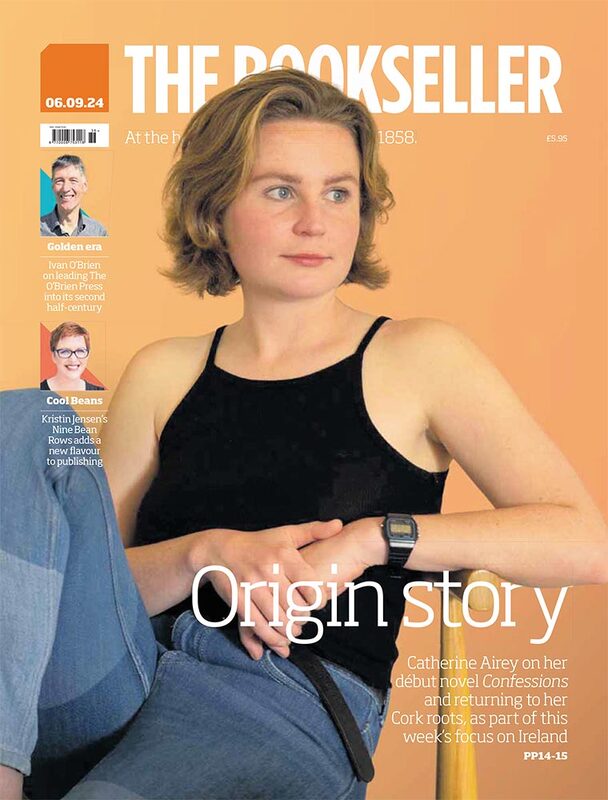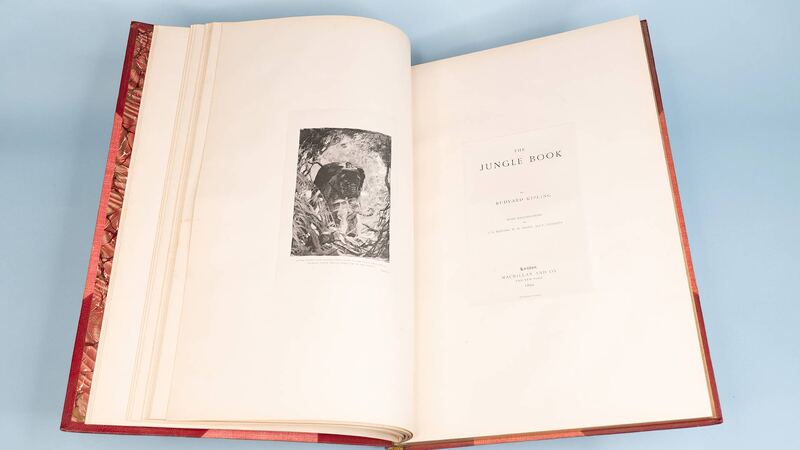You are viewing your 1 free article this month. Login to read more articles.
The reading mine

A few months ago I wrote a piece in reaction to the view that no one was buying books anymore, highlighting the numbers that counter this claim, but also noting that whatever the downsides are of operating within a traditional sector built on an ageing format, the upsides are almost always greater. As if on cue, we have heard this week that half of UK adults do not read regularly, while we learn (from Dazed magazine) that “straight men” no longer read novels.
The first part of this unhappy equation comes from the Reading Agency, surveying 2,003 adults to find that 15% of them have never read regularly for pleasure, and 35% used to read but have stopped, hobbled by a lack of time and distraction from social media. The second half points to Nielsen data that first surfaced in 2019 telling us that women buy 80% of all novels, which Dazed (employing a range of handy stereotypes) suggests could be linked to a crisis in masculinity. For “serious men”, any interest in reading has to be justified by practical utility, says their writer.
To be fair to both sources, the upsides are well detailed too. The majority of respondents (59%) said that there are things they wanted to read, noted the Reading Agency, with summer a perfect time to make amends. Meanwhile, Dazed argues that fiction improves critical thinking, helps us deal with uncomfortable truths, and refreshes the spirit, recommending a treatment of Fourth Wing: “If men read, it helps society at large.” Good advice.
The National Literacy Trust has reported on the decline in reading for pleasure among children and young adults since 2005, with the drop in girls reading for pleasure actually more pronounced than the decline among boys
None of this is new, actually. In 2014, the Reading Agency noted that 63% of men had given up on reading, preferring the big screen to the small page; meanwhile, the National Literacy Trust has reported on the decline in reading for pleasure among children and young adults since 2005, with the drop in girls reading for pleasure actually more pronounced than the decline among boys (the gap between those boys who read for pleasure and girls was once 10.7%, but it is now 4.5%, and not because boys are reading more).
In May, I argued that the industry statistics undermine the veracity of some of these trends, with book-buying continuing to rise, and health across the sector evidenced by the recent results put out by trade publishers Hachette and Bloomsbury. We could also point to the rise in footfall at festivals such as Hay, or the incredible output from book lovers—many of them still young or recently so—across social media. If books were going out of fashion, then someone forgot to tell readers.
But these trend reports do tell a larger truth. It is not a given that future generations will inherit our love for reading, or book-buying: the habit inculcated by a love of reading lasts a lifetime, but often comes from a single spark. Perhaps these straight men are actually the canaries in the mine? With a new government in situ, and one now prepared to pay attention to the arts, we have a moment to declare proudly and loudly that what we do works at a personal and wider societal level, but that it should not, and cannot, be taken for granted.
















